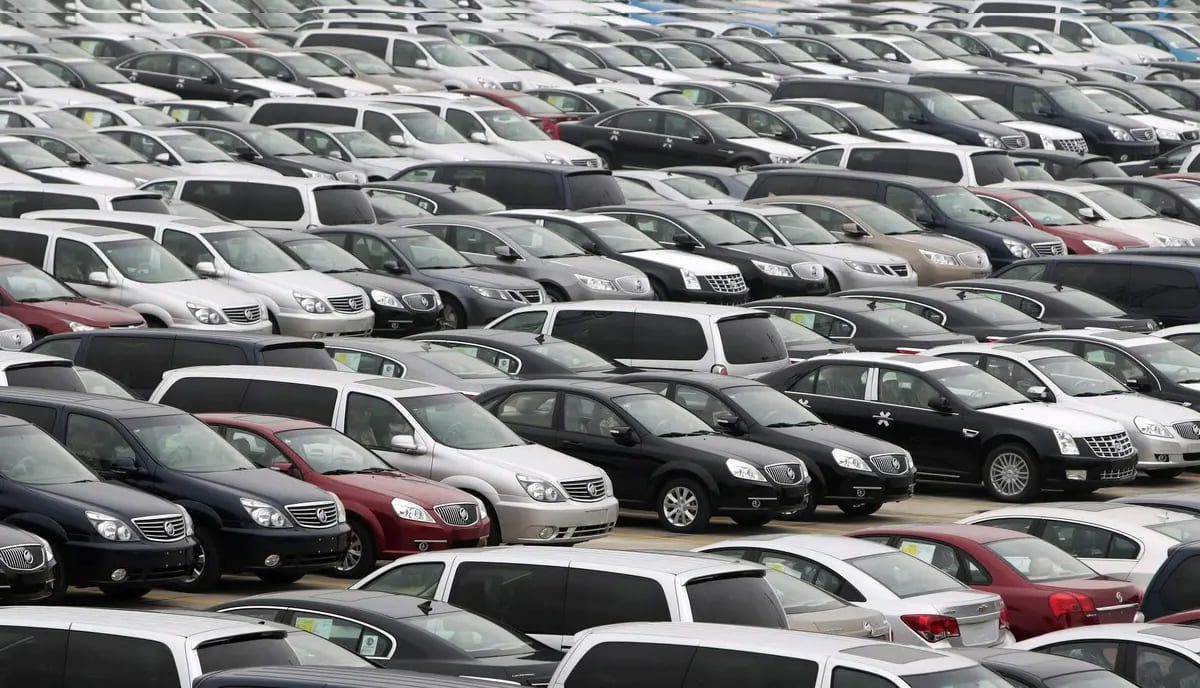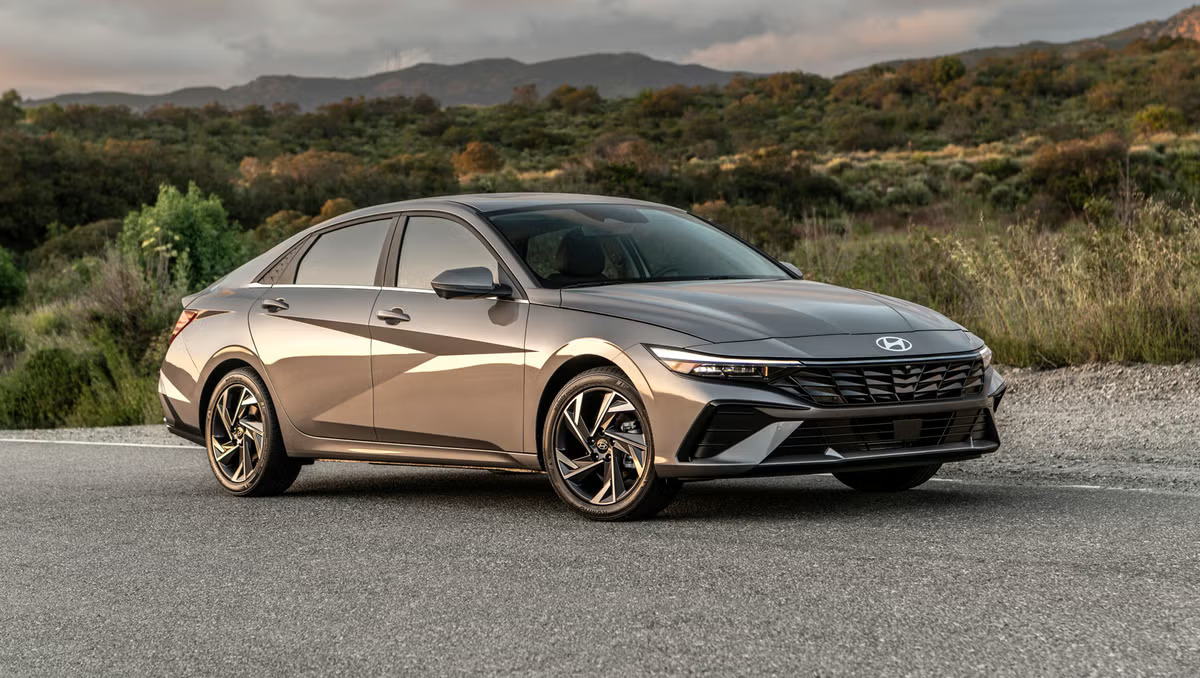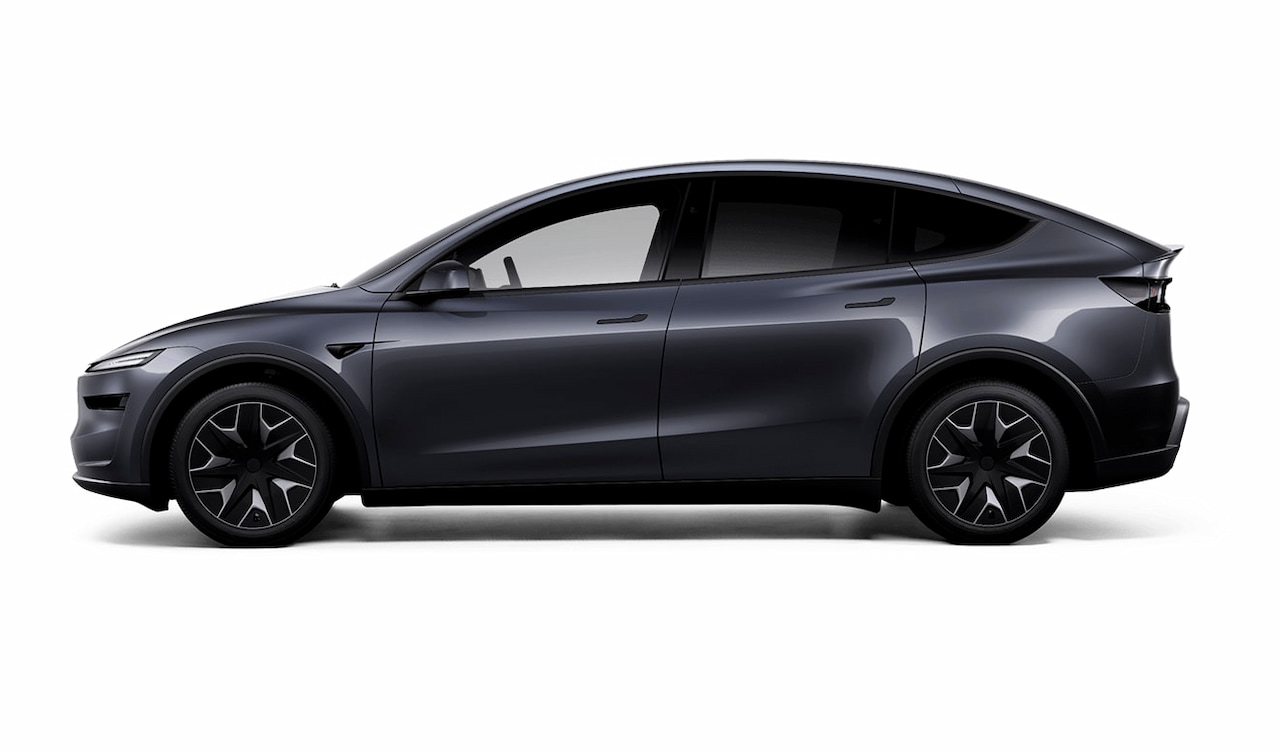Do Electric Cars Depreciate Faster Than Conventional Cars?
1 year ago

Electric cars are an environmentally friendly and energy-efficient mode of transportation, but are they worth the investment? If you're considering buying an electric car, you may want to know how its value changes over time. In this article, we will compare the depreciation of electric cars with internal combustion engine (ICE) and hybrid cars after five years of ownership.
Factors Affecting the Value of Electric Cars
Several factors influence the value of electric cars, some shared with conventional cars, and some unique to them. Among these factors:
1. Government Incentives: In some countries, governments provide financial incentives for purchasing electric cars, such as tax credits, grants, or exemptions from registration or road fees. While these incentives make electric cars cheaper initially, they also lead to a faster depreciation because used cars lose the advantage of these incentives upon resale.
2. Battery Replacement Costs: Batteries are a crucial and expensive component of electric cars. Over time, batteries lose their charging and discharging capabilities, affecting driving range and performance. Replacing batteries can cost thousands of dollars, decreasing the resale value of electric cars.
3. Technological Advancements: Electric cars are rapidly evolving, with new models featuring longer ranges, faster charging, and improved designs. This makes older electric cars appear outdated, negatively impacting their market value.
Comparison of Depreciation between Electric and Conventional Cars
To compare the depreciation of electric cars with conventional cars, we can refer to a study conducted by the iSeeCars website in the United States, which analyzed over 6.9 million used cars sold in 2020.
According to the study, electric cars depreciate by an average of 49.1% over five years, followed by SUVs at 41.2% and hybrids at 37.4%. In contrast, internal combustion engine cars depreciate by an average of 36.7% over the same period.
Here is a list of electric cars with the highest depreciation after five years, including their original and current average prices and the percentage of depreciation:
And here is a list of electric cars with the lowest depreciation after five years, including their original and current average prices and the percentage of depreciation:
HOMEPAGE.RELATED_ARTICLES
COMMON.SEE_ALL







